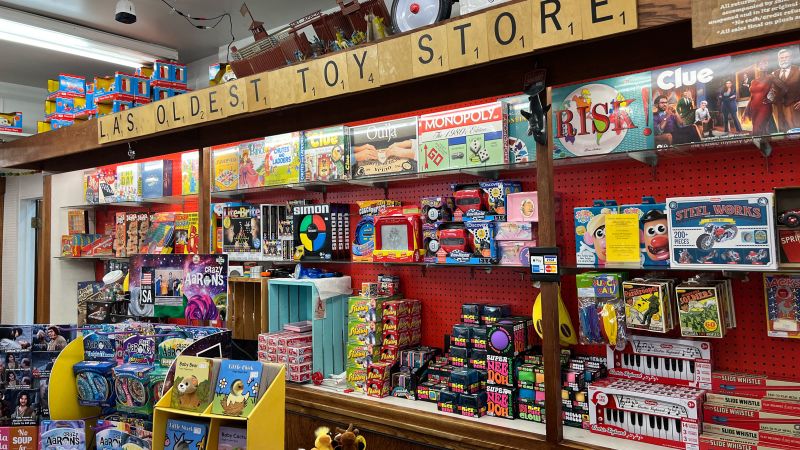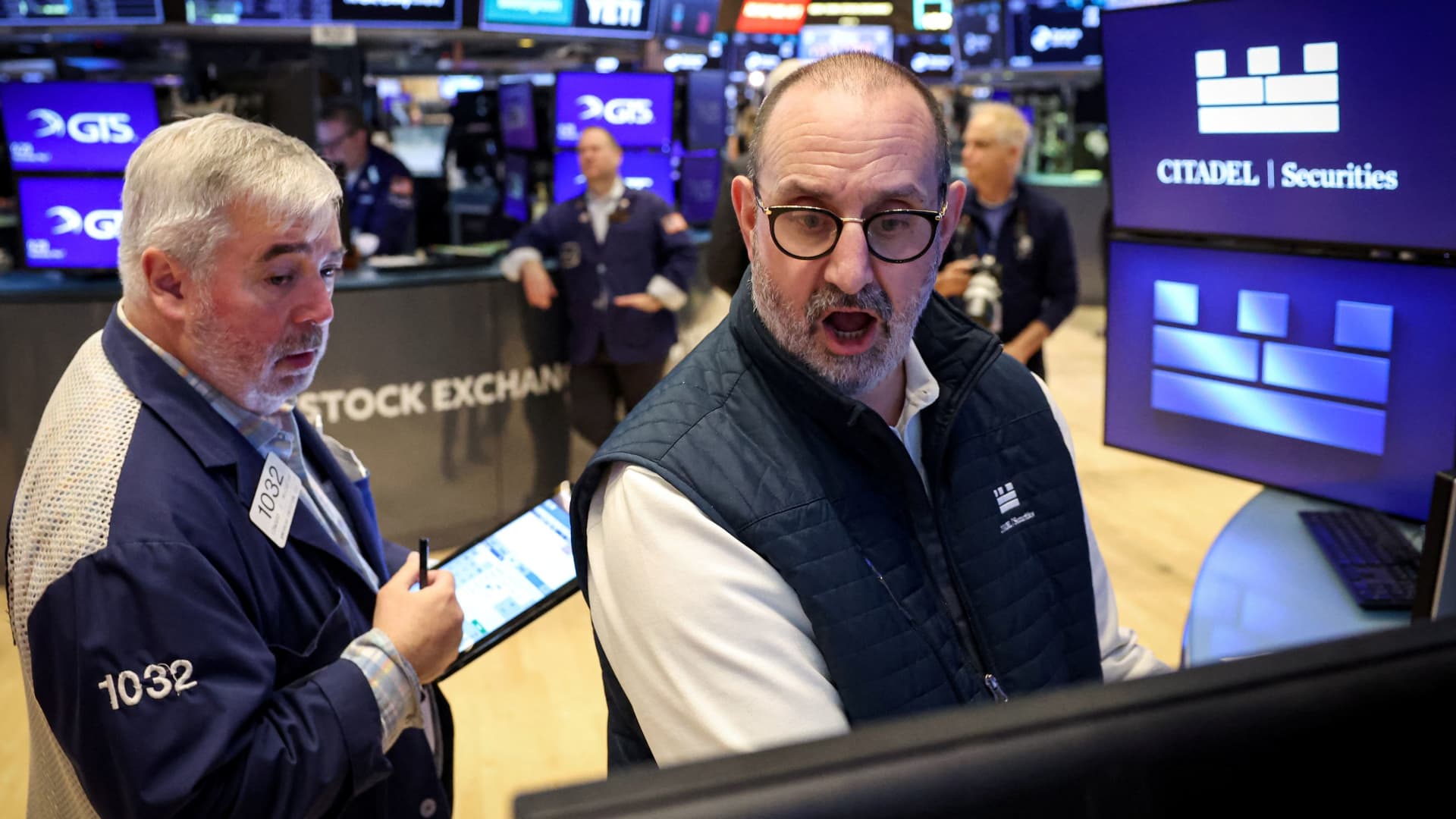
Kip’s Toyland, a beloved institution in the heart of Los Angeles, has been a fixture in the community since its founding nearly eight decades ago. Through the trials of world wars, economic recessions, and most recently, the COVID-19 pandemic, the store has remained a steadfast source of joy and nostalgia for generations of local families.
However, the future of the city’s oldest toy store is now in serious jeopardy due to a dramatic increase in tariffs on Chinese imports announced by the U.S. government. With tariffs on most Chinese-made goods set at 145%, retailers across the country are bracing for impact. For businesses like Kip’s Toyland, which relies heavily on Chinese-manufactured toys—part of an industry where approximately 80% of items sold in the United States are produced in China—the financial strain could prove insurmountable.
The store’s management has voiced concerns that the new trade policy might force them to raise prices significantly, potentially driving away longtime customers and reducing profitability. This would be especially detrimental during the crucial holiday season, when sales volumes are vital to the store’s year-round sustainability.
The situation facing Kip’s Toyland is emblematic of a broader challenge confronting small, independent retailers across the United States, who often lack the buying power or supply chain flexibility of major corporate competitors. If the tariffs remain in place for an extended period, many such businesses may be pushed into closure.
As trade tensions continue to reshape the retail landscape, Kip’s Toyland—a symbol of resilience and tradition in Los Angeles—now stands as a poignant example of the unintended consequences facing small businesses in a globalized economy.
Source: https:// – Courtesy of the original publisher.








